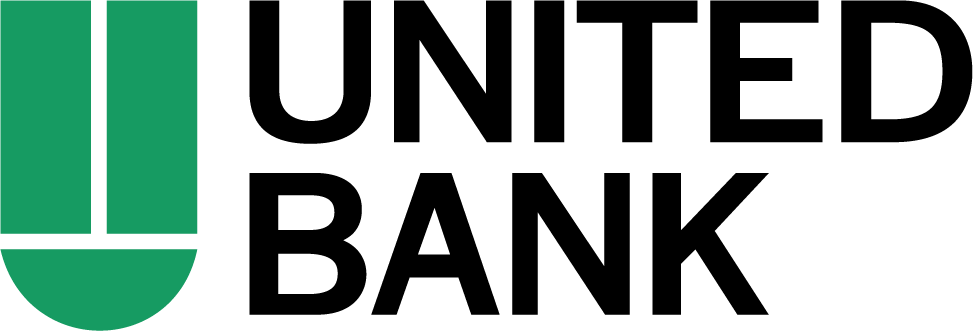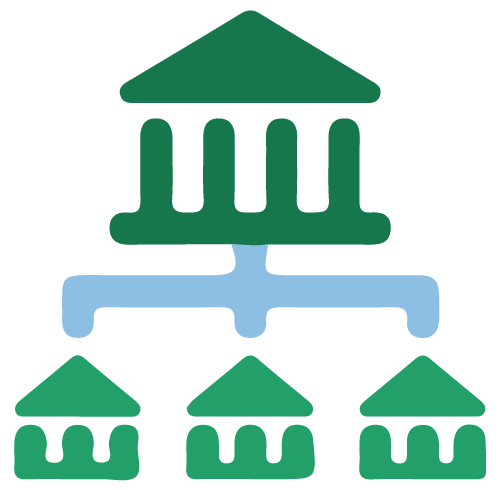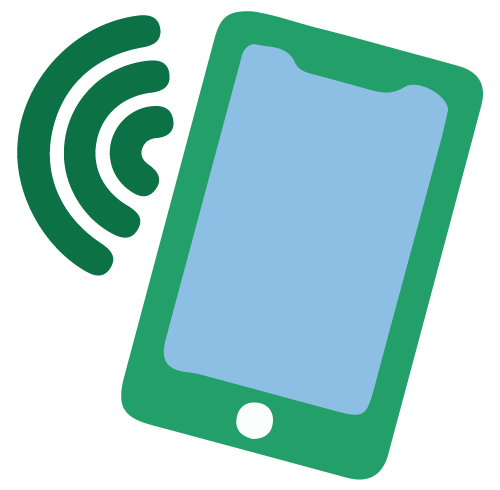Homeowners insurance or home insurance is typically required for anyone who takes out a mortgage to buy a home. Prior to closing on a mortgage, you must be able to provide a proof of homeowners insurance. The insurance helps protect the home, the contents within and the homeowner from any catastrophic damage. Lenders require such insurance as to help protect the mortgage note and to make sure you will be financially capable of paying down the mortgage, if something should happen, so that the homeowner is protected.
Homeowners Insurance


Homeowners Insurance
How Much Insurance Is Needed?
Unlike mortgage insurance, homeowners insurance is related to the value of your home and contents, not the amount of down payment you make on your home. You should look to insure your new home for 100% of the replacement cost.
What Is Typically Covered?
Though policies can vary, typically, homeowners insurance provides four types of coverage and will only extend each type of coverage up to certain limits.
These coverages include:
- Dwelling coverage: covers the structure of your home if damaged by hazards, such as fire, wind or hail
- Personal property coverage: covers your home contents and personal belongings
- Liability coverage: covers you and your members from liability lawsuits
- Additional living expenses coverage: ‘if your home is unlivable, this covers living expenses associated with temporarily residing out of your house.
Depending on the home’s geographic location, lenders might require additional insurance. For example, if the home is in a high-risk flood zone, your lender will likely require flood insurance.
Do I have to make insurance payments separately?
During the loan process, after obtaining home insurance, the lender will typically bundle the insurance costs along with the mortgage into a single monthly payment to cover both. This helps to ensure that you have enough money to pay both important expenses on time.
Keep in mind that homeowners insurance is not included in your mortgage and the policy remains separate from your mortgage loan agreement. When both are bundled, your homeowner insurance premium will go to your homeowners’ insurance company and your lender receives the mortgage payment.



